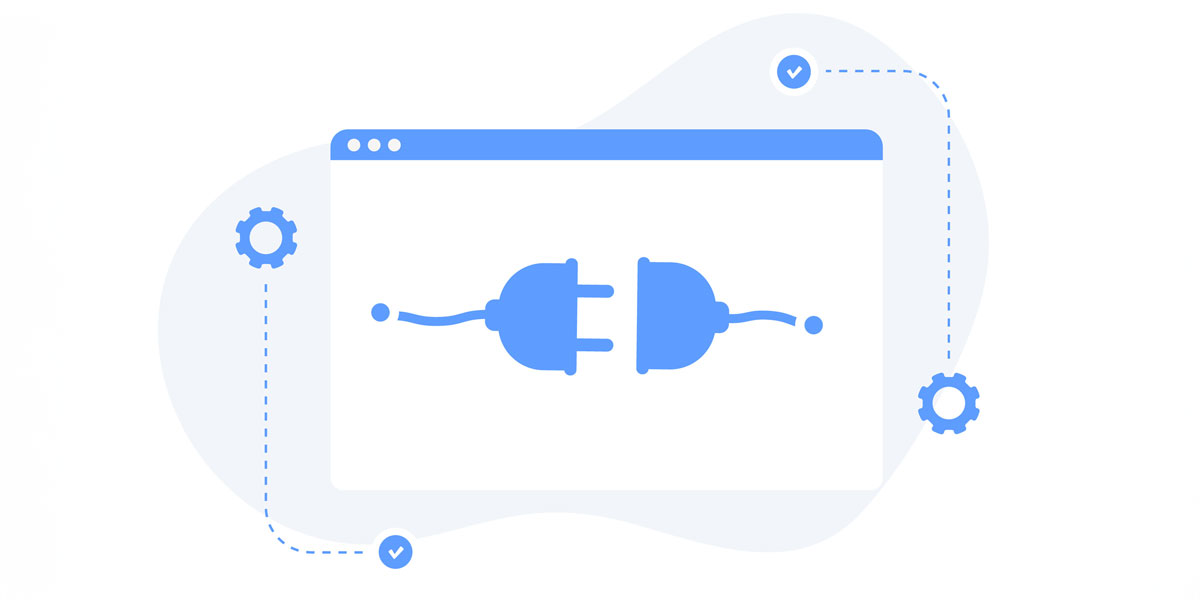To have a healthy link building strategy, you must follow white hat practices and take Google’s quality guidelines into consideration. When building a link strategy, you will surely come across advice and opinions – some warranted and some not. Before following any advice, be sure to check the accuracy of it. You would hate to start using link building strategies that could get you into trouble with Google.
Here are a few of the most common link building myths that could be holding back your website.
All Links Have the Same Value
Plenty of people say that all links have the same value, whether they are positioned higher or lower in your article. However, link position does matter. SEO experts find that links positioned higher in the content have more value. Many other factors influence the value of the link as well, including the:
- Font size of the anchor text
- Font color and attributes
- Type of link (e.g., image links)
- Context of the words before and after the link
- Position of the link in a list
All Links Should be Nofollow
Most links are dofollow, meaning that the search engines are told to follow all links on a given page. Very few links should be nofollow. Nofollow links provide no value, authority or influence. Imagine trying to evaluate domains without any links pointing to them! While you may need to make some links on your site nofollow, most should have dofollow tags.
Links from Wikipedia are Best
Some people still believe that Wikipedia links guarantee top rankings. Yet Google has officially stated that links from sites like Wikipedia do not receive any special treatment from the search giant. They are treated as any other website. So, when linking to outside sources, go deeper than Wikipedia. You might find other sites that are more relevant and interesting for your readers.
External Links Matter More than Internal Ones
Internal links are very important because they keep people on your website and create a hierarchy for your site. They can also help some of your low ranking pages move up in the search results. Both external and internal links are important and should be a part of your SEO strategy.
Links are the Strongest Ranking Factor
Links are an important ranking factor for Google, but they aren’t the only one. Google looks at over 200 ranking signals to determine where a website should be placed on the search results, including user experience, mobile usability, content quality, link performance, on-page SEO and much, much more.
When doing your own research, don’t automatically believe everything you read. Some opinions on SEO are merely that and may not have any true merit. Plus, you have to be careful with link building myths because they could harm your website. Google is strict about its link building strategies and will notice if you are engaging in black hat SEO practices.
For a better understanding of the links on your site and how to improve them, contact Magna Technology today.




